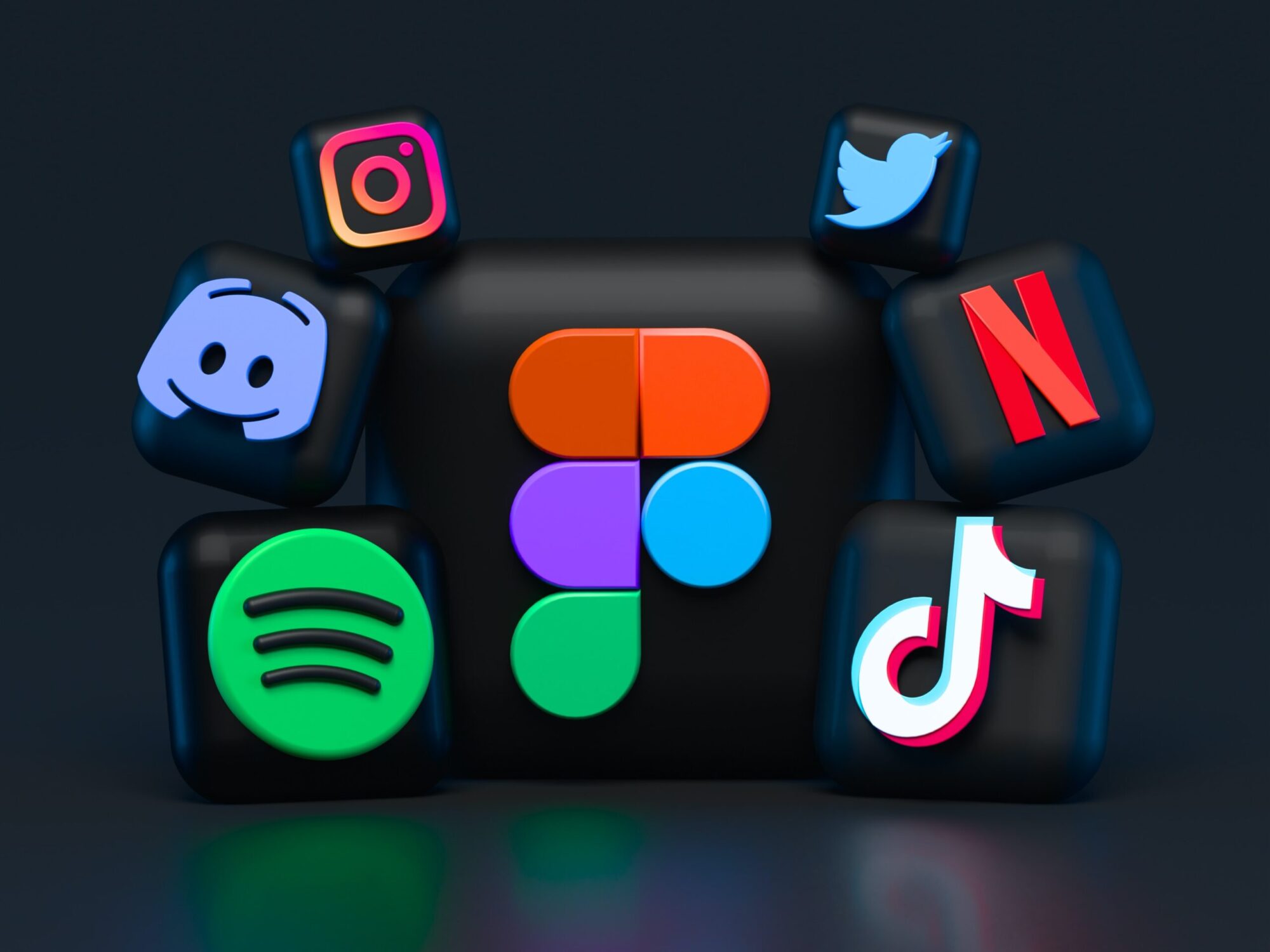Social media has undeniably transformed the way we interact, share information, and perceive the world around us. In recent years, these digital platforms have become an integral part of our daily lives, influencing our behavior, communication patterns, and even societal norms. This article delves into the multifaceted impact of social media on society, examining both its positive and negative effects on the way we connect and engage with one another.
The Rise of Social Media
The advent of social media marked a significant shift in the landscape of communication. Platforms like Facebook, Twitter, Instagram, and LinkedIn have connected billions of people across the globe. The ease of creating and sharing content, combined with the ability to interact with others in real-time, has revolutionized the way we connect with friends, family, and even strangers. Social media platforms have become virtual spaces where users can express themselves, share their experiences, and build digital personas.
Positive Impacts
- Enhanced Connectivity: Perhaps the most obvious benefit of social media is its ability to bridge geographical gaps. It allows people to stay connected with loved ones, regardless of their location. Families separated by miles can maintain meaningful relationships, and old friends can reconnect with ease.
- Information Dissemination: Social media platforms serve as powerful tools for sharing information. News, educational content, and valuable resources are disseminated rapidly through posts, videos, and articles. This accessibility has democratized knowledge and made it accessible to a global audience.
- Amplification of Voices: Social media provides a platform for marginalized groups and individuals to amplify their voices. Movements like #BlackLivesMatter and #MeToo gained momentum through social media, bringing crucial social issues to the forefront.
- Business and Networking Opportunities: Social media has transformed the business landscape. Entrepreneurs and companies can reach a vast audience, conduct marketing campaigns, and connect with potential clients. LinkedIn, for example, is a valuable tool for professional networking and job hunting.
Negative Impacts
- Digital Addiction: The constant availability of social media can lead to digital addiction. Excessive screen time can negatively impact mental health, disrupt sleep patterns, and reduce productivity.
- Privacy Concerns: The vast amount of personal information shared on social media raises concerns about privacy. Data breaches and misuse of personal data by tech companies have eroded trust in the digital realm.
- Filter Bubbles and Echo Chambers: Social media algorithms often show users content that aligns with their existing beliefs and preferences. This can create filter bubbles and echo chambers, reinforcing existing biases and limiting exposure to diverse perspectives.
- Cyberbullying and Harassment: The anonymity provided by social media can embolden individuals to engage in cyberbullying and harassment. Victims may experience significant emotional distress, and the negative impact on mental health can be severe.
- Fake News and Disinformation: Social media platforms are fertile grounds for the spread of fake news and disinformation. Misleading content can go viral, contributing to misinformation on critical issues, including public health and elections.
Changing Communication Patterns
Social media has not only changed how we communicate but also the nature of our conversations. It has given rise to new forms of communication, such as emojis, memes, and GIFs, which convey complex emotions and ideas succinctly. Additionally, the brevity of posts on platforms like Twitter has popularized concise and direct communication.
However, this shift towards brevity and visual communication has raised concerns about the depth and quality of online interactions. While social media provides a platform for quick exchanges, it may discourage nuanced and thoughtful discussions.
Societal Norms and Influencer Culture
The rise of social media has ushered in a new era of influencer culture, where individuals gain fame and influence through their online presence. Influencers often shape societal norms and consumer behavior, promoting products, lifestyles, and ideals. This phenomenon has blurred the lines between advertising, entertainment, and authenticity, as influencers carefully curate their online personas.
While influencers can have a positive impact by advocating for social causes and promoting ethical practices, they also face criticism for perpetuating unrealistic beauty standards, materialism, and superficiality.
Mental Health and Self-Image
Social media’s impact on mental health is a topic of growing concern. Studies have shown a correlation between heavy social media use and increased feelings of loneliness, anxiety, and depression. The constant comparison to curated and idealized representations of others’ lives can lead to feelings of inadequacy and low self-esteem.
Body image issues, particularly among young people, have also been exacerbated by the prevalence of edited and filtered photos on social media. The pressure to conform to beauty standards perpetuated by influencers and celebrities can take a toll on individuals’ self-image.
The Role of Social Media in Political Discourse
Social media has played a pivotal role in shaping political discourse and mobilizing movements. It has provided a platform for political activists, enabling them to organize and advocate for change. Movements like the Arab Spring and the global climate strikes have harnessed the power of social media to raise awareness and mobilize millions.
However, the divisive nature of political discourse on social media has also fueled polarization and echo chambers. The spread of fake news and disinformation has further eroded trust in institutions and media.
Conclusion
Social media’s impact on society is intricate, offering a blend of advantages and disadvantages. It has reshaped communication, fostering connectivity and information sharing while amplifying underrepresented voices. However, it also engenders digital dependency, privacy apprehensions, and the propagation of false information. To navigate this dynamic landscape wisely, we must remain conscious of its influence on mental well-being, self-perception, and cultural norms. Achieving equilibrium between social media’s merits and challenges is imperative, enabling us to harness its transformative potential for the greater good while addressing its detrimental aspects in both individual and societal contexts.
